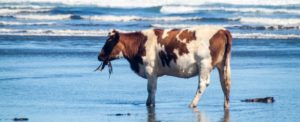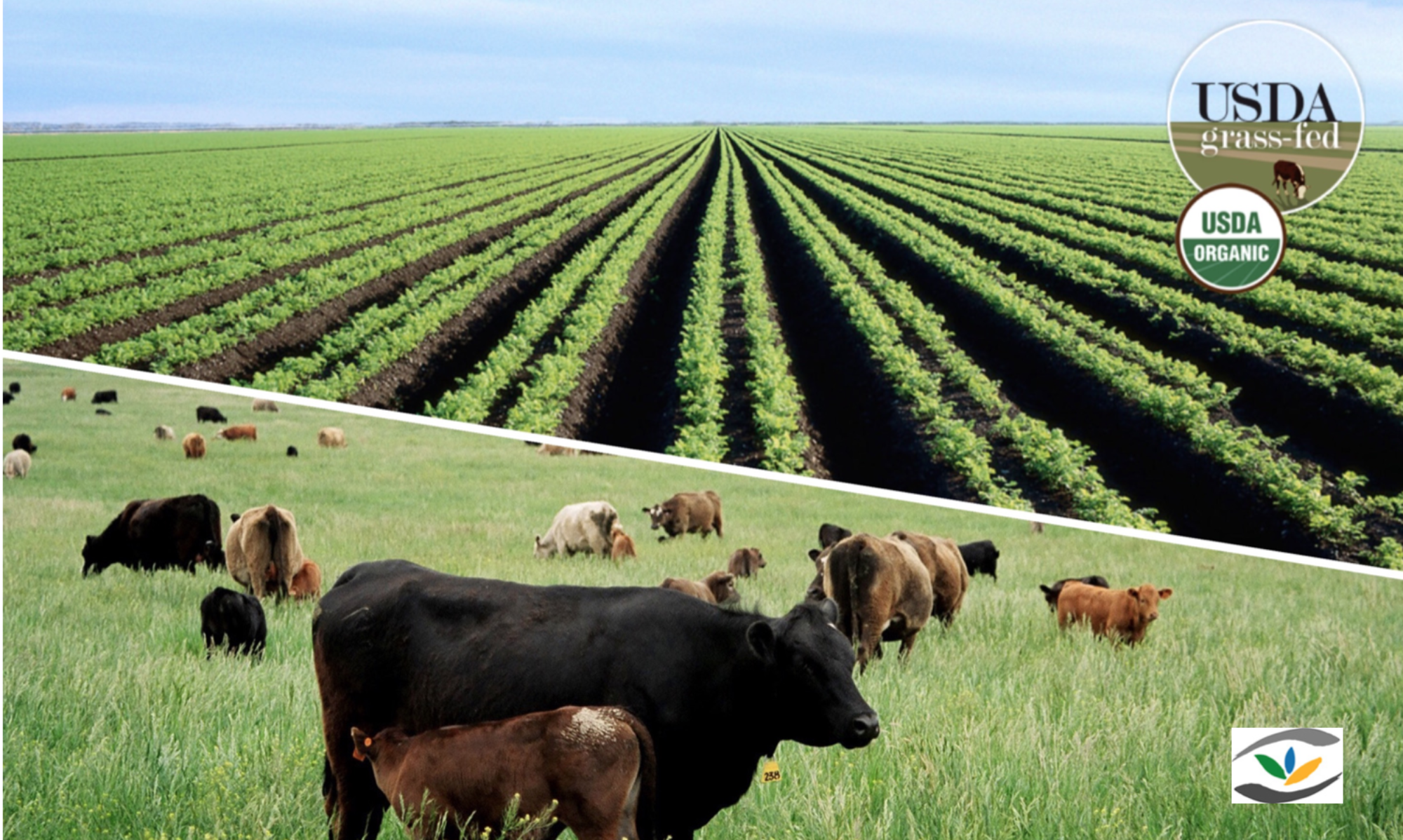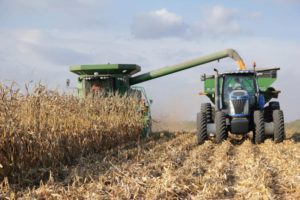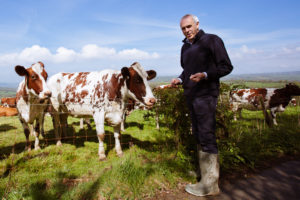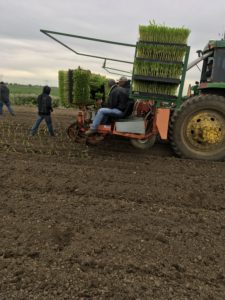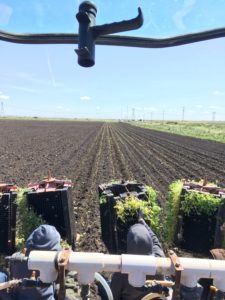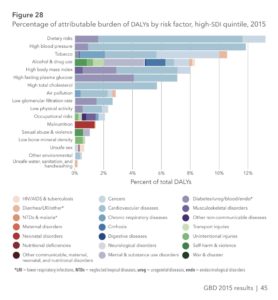“On May 5, the FDA will begin enforcing its new menu labeling rules, which requires that restaurants and other away-from-home food retailers include calorie counts on menus and signage. Though the rules took effect on December 1, 2016 and compliance is already mandatory, the FDA was not permitted to enforce the law until May 5, 2017 so many restaurants have not yet prepared.
One hold up has been that these rules were tied to the Affordable Care Act, also known as Obamacare and attempts to repeal the healthcare law have encouraged some restaurants to wait to implement these changes. Though these regulations were likely to remain in the law, some restaurants have been waiting until they find out what provisions will remain.
However, with the most recent healthcare repeal setbacks, this law is still on the books, and until further legislation passes, restaurants are already responsible for labeling their menus appropriately. Here is what you need to know about the rule.”
https://www.foodnewsfeed.com/fsr/health-nutrition/everything-you-need-know-about-fda-s-food-labeling-rule?utm_source=fs_insider&utm_medium=email&utm_campaign=20170405
